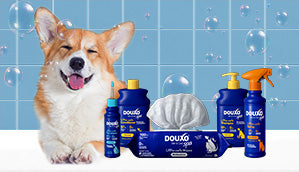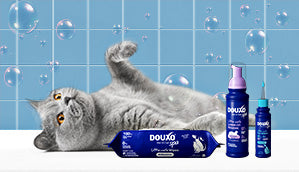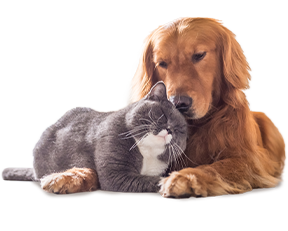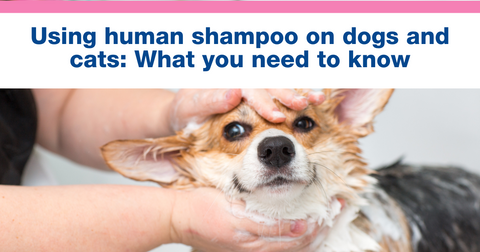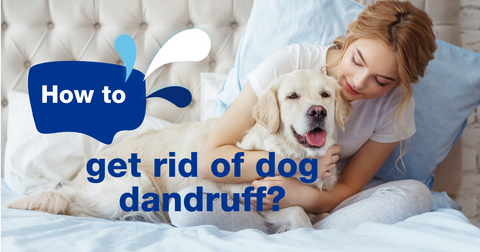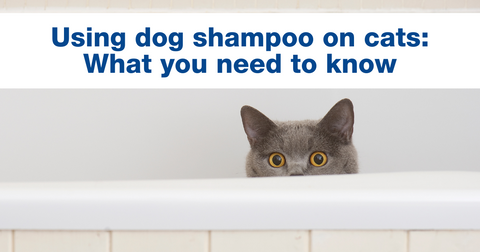Emergency Cleaning Needed in Cats

We’ve all heard the saying ‘curiosity killed the cat’ and, while it’s a bit extreme, cats certainly can get themselves into trouble sometimes!
Their inquisitive natures and ability to squeeze into small spaces mean that some mischievous felines can get themselves into places that they really shouldn’t be, coated in substances that are definitely not ideal.
So, if your feline friend returns from an adventure in goodness-knows-where, covered in goodness-knows-what, would you know what to do?
Cats aren’t exactly known for their love of baths, so how do we safely clean them of any noxious substances before they go one step further into trouble and groom themselves, thereby ingesting whatever is all over them?

Routine grooming
Cats’ coats can get covered in dust, mud and debris through perfectly normal outdoor adventures. Cats are often highly fastidious creatures, grooming themselves carefully and frequently and can usually manage to keep themselves mostly clean and tidy.
Cats who are often getting very muddy or dirty, those with long hair, and elderly cats may all need some grooming assistance. Bathing too frequently can rid the coat of its protective oil layer, so grooming with a brush or comb should be used if this is sufficient.
Stubborn patches of dirt can be wiped away without a full body bath, Douxo® Spa Wipes provide a quick and easy way to remove dirt without causing stress to your cat.
If your cat is not used to being groomed, start slowly with a soft brush and lots of rewards and praise. Gradually increase the time spend brushing and build it into your routine so that your cat becomes accustomed to it.
Specific situations
There are certain scenarios in which a good brush is just not enough.
If your cat is very dirty, or covered in some unknown substance, they may need some help to remove it and clean themselves.
Some materials, such as motor oil or grease, are not advisable to be consumed, and therefore washing them from your cat before they can groom themselves and ingest it is necessary.
-
General dirt
Mud, dirt and, dare I say it, noxious animal faeces (ick!) can be found plastered to the coat of the more adventurous feline. These may not brush off satisfactorily, and a bath may be required! Use warm water, and a pet-specific shampoo, such as the DOUXO® to adhere to the differences in skin pH your cat has . Cats are often not hugely keen on being washed, so be prepared with everything you need before you start.
-
Sticky substances: glue, gum or sap
If your cat wanders home with a sticky patch of fur, or some gum stuck to their hair, it can be tricky to remove. The trick is to use some oil, such as olive oil or cooking oil (never motor oil!), in fairly liberal amounts, and run it into the sticky area or around the gum. Leave for 5-10 minutes and then try and comb out the gum or sticky sap. Once the offending sticky material has loosened or come away, you can use a pet shampoo or soap to wash the oil (and traces of the original sticky substance) away. End-protected clippers (such as those used for babies' nails) can be used to trim hair which has something sticky caught up in it, but care must always be taken to avoid damaging the skin.
-
Oil and grease
Cats often live in urban areas, and it’s a fairly common sight to see a cat peeking out at you from under a car, especially in inclement weather! However, motor oil and grease can be rubbed or dripped onto your cat’s coat if they are partial to a vehicle hiding place.
What to do if your cat becomes oily or greasy:
- If the grease is thick, remove as much of it as possible physically using a comb or clippers, then apply sunflower or cooking oil to loosen it.
- Next, wash the area using washing-up liquid or dish-soap in small amounts, carefully lathered and rubbed in.
- Rinse with clean, warm water.
This process may need to be repeated. Washing up liquid is effective at removing oily and greasy substances, but can be very drying to cat’s skin. Using a mousse such as the Low-Stress Refresh Douxo® Spa Cat Mousse can help your cat’s skin regain its natural moisture and health.
Beware! Motor oil can be toxic to cats, and so needs to be removed swiftly. However, if your cat seems unwell at all, with symptoms such as excessive salivation, vomiting or diarrhoea, or if they are depressed, wobbly or uncoordinated, seek veterinary attention immediately before doing anything else.
-
Household chemicals
If your cat has been exposed to household chemicals, seek veterinary advice, as many of these are highly toxic to cats. Many of these substances need to be removed quickly and immediately using dish-soap and water, with repeated washings until the coat is completely clear, but veterinary advice should always be taken as the risk from these products is high.

Cat emergency bathing: a summary
- Cats are often very clean creatures, with a fastidious grooming routine
- Some cats get muddy and mucky occasionally, and need a bath to clean themselves up
- Always use a pet shampoo, such as the DOUXO® S3 CARE, rather than a human shampoo
- Sticky substances such as glue or gum may need oil to loosen and remove them
- Oily substances are best cleaned off with dish-soap and water
- DOUXO® Spa Wipes are great for quick clean-ups such as wiping off mud and tidying paws after the litter box, also especially if your cat is not used to grooming.
- DOUXO® Spa Low-Stress Refresh Cat Mousse can help restore the moisture in cats’ skin after dish-soap cleaning
- Clippers can be used to remove sections of coat badly affected, but must be used with care
- Veterinary advice should be sought if any unknown or potentially toxic substance is found on your cat’s fur.
If you’re looking for more expert pet skincare tips, why not explore our other articles online? And don’t forget, you can also sign up to our newsletter to receive all the latest news straight into your inbox!





